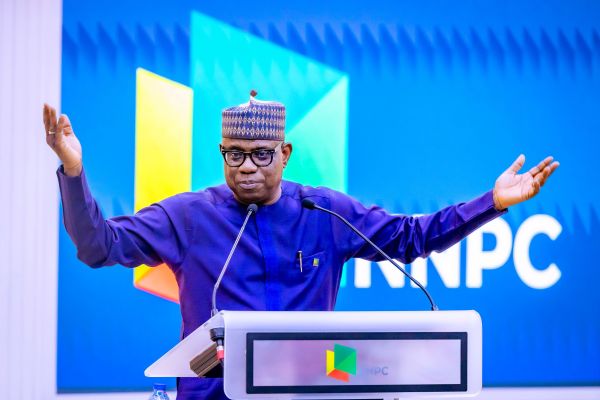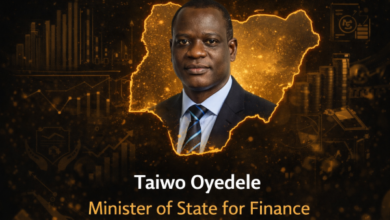NNPCL Boss Ojulari alleges Threats Amid Cost-Saving Refinery Reforms

The Group Chief Executive Officer of the Nigerian National Petroleum Company Limited (NNPCL), Bayo Ojulari, has revealed that his life and those of his senior management team are under threat due to sweeping reforms aimed at reviving Nigeria’s long-moribund refineries.
Speaking in Abuja on Thursday while hosting a delegation of the Petroleum and Natural Gas Senior Staff Association of Nigeria (PENGASSAN), Ojulari said entrenched interests, threatened by the changes, have mounted coordinated attacks to undermine his leadership.
Reform Mandate and Resistance
Ojulari disclosed that President Bola Tinubu mandated him to overhaul Nigeria’s loss-making refineries, which for years had gulped billions of dollars without delivering value.
- On resumption, he discovered the facilities were losing between $300 million and $500 million monthly, making operations unsustainable.
- The solution: adopt an NLNG-style partnership model with a professional refinery operator to ensure efficiency, profitability, and global best practice.
- Operations were halted to prevent further losses, with plans now focused on sustainable rehabilitation.
“We are under attack. It is real. There are formidable plans to take me out of this seat. But we remain focused on delivering on the President’s mandate,” Ojulari declared.
He noted that petitions to the EFCC and smear campaigns were part of efforts by vested interests to derail the reform process.
Strategic Direction: Partnerships and Regional Growth
Ojulari assured workers that no jobs would be lost, as the reforms are designed to modernise refineries, create new opportunities, and upskill staff.
On fuel supply stability, he credited strategic partnerships, including NNPCL’s equity stake in the Dangote Refinery, for preventing shortages. He projected that in the next 2–3 years, at least one or two Nigerian refineries would be fully operational, positioning the country to meet growing demand in sub-Saharan Africa.
Labour Backing for Reforms
PENGASSAN President, Comrade Festus Osifo, commended Ojulari and his team, citing significant progress under his leadership:
- Pipelines, once crippled by vandalism, are now functional.
- Crude oil theft has reduced, boosting production and revenues.
“As PENGASSAN, we assure you of our solidarity. We will work with you to stabilise the system for the benefit of Nigerians,” Osifo pledged.
The High Stakes in Energy Reform
Ojulari’s disclosures highlight the political economy of oil reforms in Nigeria:
- Vested Interests: Those benefitting from refinery inefficiencies and opaque operations are resisting change.
- Economic Urgency: With forex scarcity, high subsidy costs, and demand growth, refinery revival is critical to Nigeria’s energy security.
- Regional Positioning: A successful reform could turn Nigeria into a net supplier of refined products in West and Central Africa.
BRANDECONOMY Takeaway
Ojulari’s battle underscores a familiar Nigerian paradox: reformers face the fiercest resistance from those who profit from dysfunction.
If Nigeria’s refinery rehabilitation succeeds, it could end decades of dependence on imports, save billions in forex, and transform the country into a refining hub. But success will require more than technical fixes—it will demand political will, protection for reform champions, and alignment with labour and industry stakeholders.
For NNPCL, the fight is no longer just about refineries; it is about whether Nigeria can finally break free from the grip of its oil-sector cartels.










